5G, the fifth generation of mobile networks, is significantly impacting everyday life by enhancing communication, technology, and various industries. Here’s a look at some of the major ways 5G is transforming daily experiences:
1. Faster Internet Speeds and Lower Latency
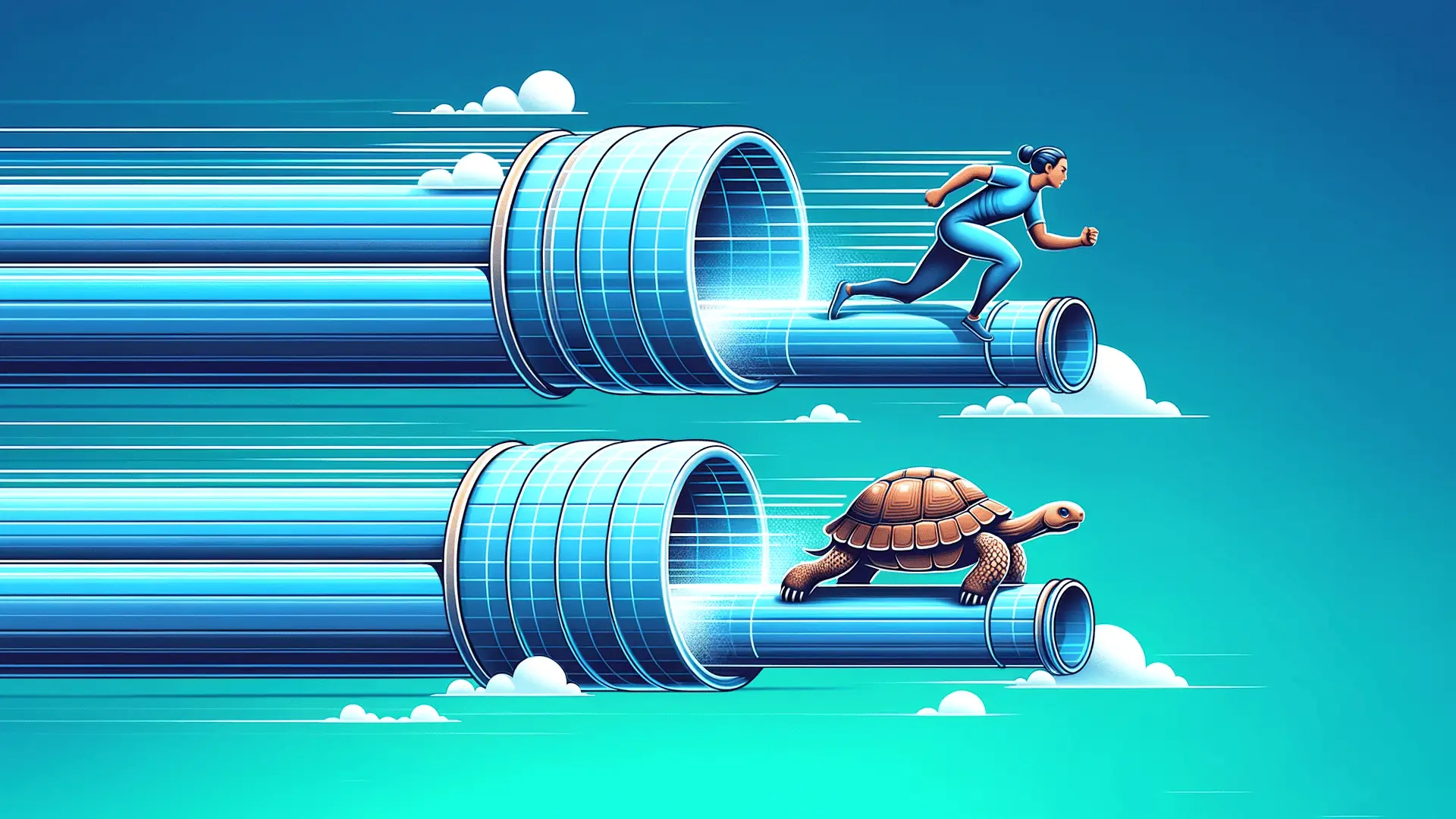
– Enhanced Connectivity: 5G networks provide download speeds up to 100 times faster than 4G, allowing for near-instantaneous downloading of large files, high-definition streaming, and smooth video conferencing.
– Reduced Latency: The latency (response time) in 5G is significantly lower than in previous generations, which means devices can communicate almost in real-time. This is especially beneficial for applications like online gaming, augmented reality (AR), and virtual reality (VR).
2. Improved Mobile Experiences
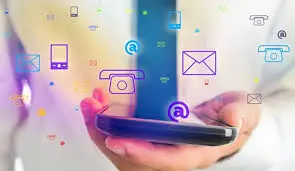
– High-Quality Streaming: The ability to stream 4K and even 8K video content on mobile devices without buffering is becoming more accessible.
– Mobile Gaming: Gamers can enjoy smoother, more responsive experiences with cloud-based gaming services, where games are run on remote servers and streamed to devices.
3. Smart Homes and IoT (Internet of Things)
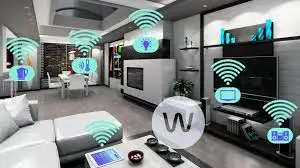
– More Connected Devices: With 5G’s higher capacity, more smart devices can be connected simultaneously without compromising network performance. This enables a broader adoption of smart home devices like smart thermostats, security systems, and home assistants.
– Seamless Integration: Devices communicate more efficiently, making smart home systems more intuitive. For example, appliances can react to a user’s routine automatically, such as adjusting room temperatures or starting coffee makers in the morning.
4. Healthcare Innovations
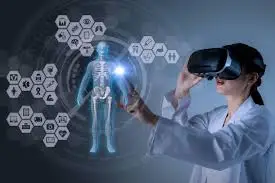
– Remote Surgeries and Telemedicine: The low latency and reliability of 5G networks allow doctors to perform remote surgeries using robotic tools, providing real-time feedback.
– Wearable Health Devices: 5G facilitates real-time monitoring of vital signs through wearable health devices, enabling better management of chronic conditions and personalized healthcare.
5. Transportation and Smart Cities
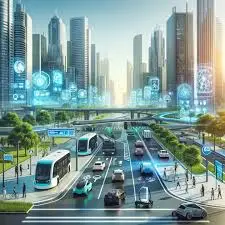
– Autonomous Vehicles: Self-driving cars rely on fast communication with each other and with infrastructure. 5G enables vehicles to communicate in real-time, improving safety and traffic efficiency.
– Smart City Infrastructure: Cities can integrate smart traffic lights, surveillance, and public transport systems to optimize traffic flow, reduce congestion, and improve safety.
6. Enhanced Industrial and Manufacturing Applications
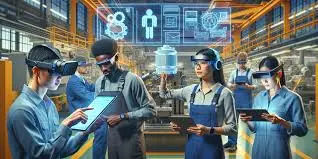
– Automation and Robotics: 5G supports factory automation by allowing robots and machinery to communicate rapidly, leading to more efficient and precise operations.
– Predictive Maintenance: Factories can use sensors connected via 5G to monitor equipment health and predict potential failures, minimizing downtime and repair costs.
7. Education and Remote Learning

– Virtual Classrooms: 5G facilitates immersive learning experiences using AR and VR. For instance, students can participate in virtual labs, historical recreations, or field trips from home.
– Access to Resources: Faster internet speeds ensure that students in remote areas can access educational content and participate in live sessions without lag.
8. Entertainment and Media

– Augmented and Virtual Reality Experiences: 5G makes AR and VR more accessible and practical for gaming, virtual tourism, and other interactive experiences.
– Live Events and Sports: The technology enables real-time streaming of events in higher quality, with features like multiple camera angles and live statistics.
Challenges and Considerations
While 5G is poised to bring about significant changes, there are challenges:
– Infrastructure Development: The deployment of 5G requires significant investment in infrastructure, including more cell towers and new equipment.
– Privacy and Security Concerns: With more devices connected, the risk of cyber-attacks and data breaches increases.
– Health Concerns: Although research indicates that 5G radiation levels are within safe limits, some concerns remain about the potential health effects.
Overall, 5G is transforming how people interact with technology, leading to a more connected and efficient world. As it continues to roll out, the benefits will likely expand, driving innovation across multiple fields.
0 Comments